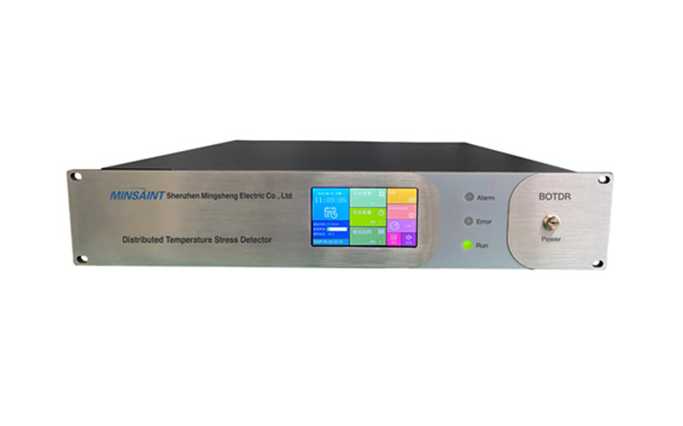In today's fast-paced world, technology has revolutionized every aspect of our lives, including transportation. From the invention of the wheel to the development of electric and autonomous vehicles, technology has continuously improved transport, making it faster, safer, and more efficient. In this blog post, we will explore the remarkable advancements that technology has brought to the transportation industry, highlighting the key areas where it has made a significant impact.
- Enhancing Efficiency and Connectivity:
Technology has played a pivotal role in enhancing the efficiency and connectivity of transportation systems. The advent of GPS navigation systems, for instance, has revolutionized the way we navigate and plan our journeys. These systems not only provide accurate directions but also offer real-time traffic updates, helping us avoid congested routes and saving valuable time. Additionally, advanced algorithms and data analytics have enabled transportation companies to optimize routes, reduce fuel consumption, and minimize carbon emissions, leading to a greener and more sustainable future. - Improving Safety:
Safety is a paramount concern in the transportation industry, and technology has made remarkable strides in this area. The integration of sensors, cameras, and advanced driver-assistance systems (ADAS) in vehicles has significantly reduced the number of accidents. These technologies provide features such as lane departure warnings, adaptive cruise control, and automatic emergency braking, which help prevent collisions and mitigate the severity of accidents. Furthermore, the development of intelligent transportation systems (ITS) has facilitated better traffic management, reducing the risk of accidents and improving overall road safety. - Advancing Sustainable Transportation:
With the growing concern for environmental sustainability, technology has played a crucial role in advancing greener modes of transportation. Electric vehicles (EVs) have emerged as a viable alternative to traditional fossil fuel-powered cars, offering zero-emission transportation. The continuous advancements in battery technology have extended the range and reduced the charging time of EVs, making them more practical for everyday use. Moreover, the integration of renewable energy sources, such as solar and wind, into transportation infrastructure has further reduced the carbon footprint of the industry. - Enabling Autonomous Transportation:
One of the most significant advancements in recent years is the development of autonomous vehicles (AVs). These self-driving cars have the potential to revolutionize the transportation landscape by improving road safety, reducing congestion, and enhancing accessibility. AVs utilize a combination of sensors, artificial intelligence, and machine learning algorithms to navigate and interact with the surrounding environment. They can communicate with each other, making transportation more efficient and minimizing the risk of human error. While there are still regulatory and technical challenges to overcome, the future of autonomous transportation holds immense promise.
Conclusion:
Technology has undeniably transformed the transportation industry, making it faster, safer, and more sustainable. From the efficiency and connectivity enhancements brought by GPS navigation systems to the safety improvements through advanced driver-assistance systems, technology has revolutionized the way we travel. The rise of electric vehicles and the potential of autonomous transportation further highlight the transformative impact of technology. As we continue to embrace technological advancements, the future of transportation holds exciting possibilities, promising a world where mobility is seamless, efficient, and environmentally friendly.






